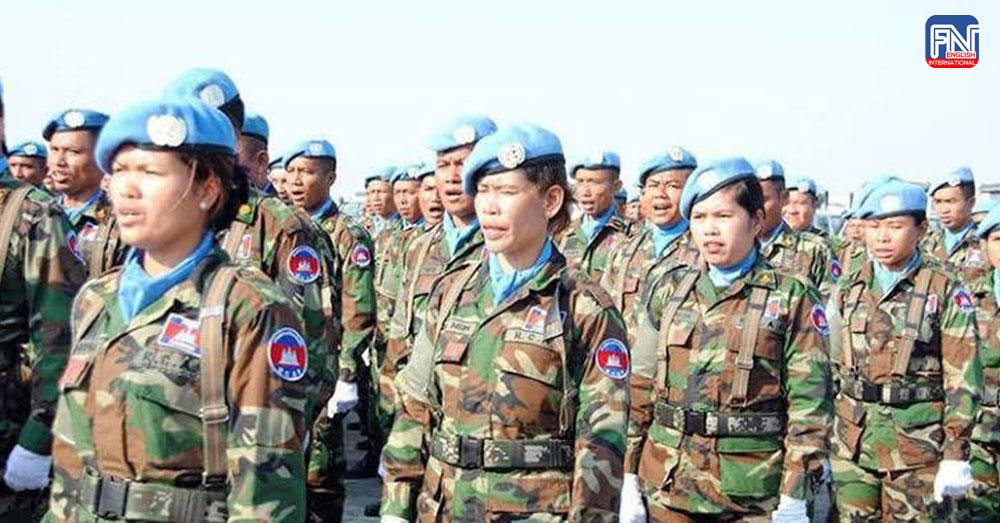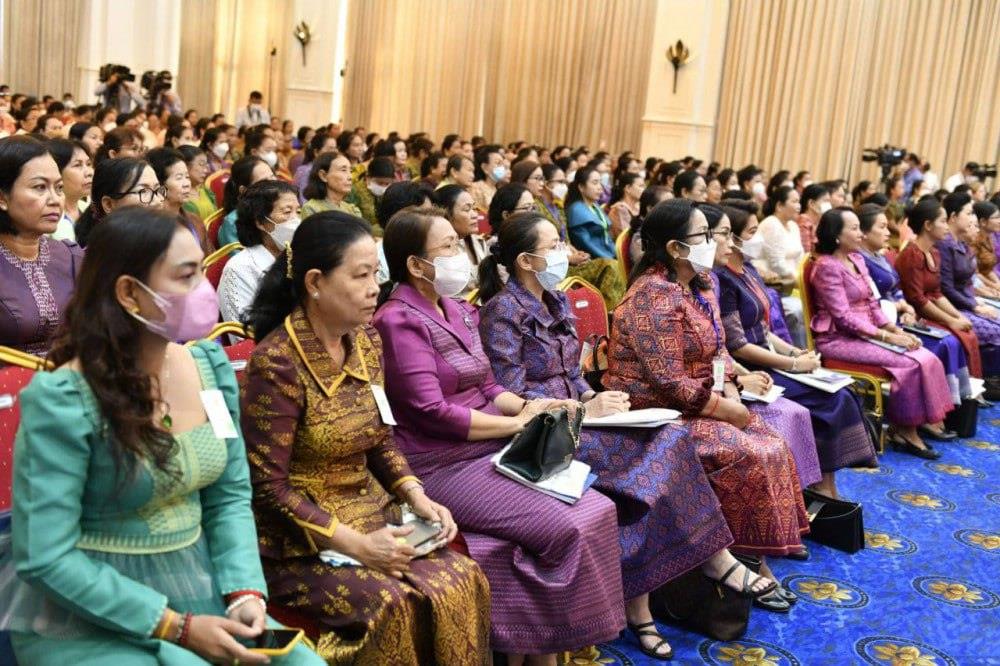Phnom Penh (FN), Mar. 8 – Viet Nam, Laos, Singapore and Cambodia continue to enjoy the best legal protections for women among ASEAN’s ten members, according to the World Bank’s annual report on Women, Business and the Law.
In the broader Asia-Pacific region, the report released in Washington on Monday found that only nine out of 25 economies granted women 80 percent or more of the legal rights of men.
Hong Kong had the top score (91.9 percent) followed by Taiwan (91.3 percent), Mongolia (90.6 percent), South Korea and Viet Nam (both 88.1 percent), Timor-Leste (86.3 percent), Laos (85.6 percent), Singapore (82.5 percent) and Cambodia (81.3 percent).
The nine economies all had better legal rights for women than the Philippines (78.8 percent, which was the same as Japan) and Thailand (78.1 percent, the same as mainland China).
Among other ASEAN countries, the next highest score was in Indonesia (70.6 percent) followed by Malaysia (60.6 percent), Myanmar (58.8 percent) and Brunei (53.1 percent).
With the exception of Laos and Malaysia, the scores for ASEAN members are the same as those last year. The Lao score slipped from 88.1 percent in 2023 due to new information and the Malaysian score improved from 50.0 percent after it carried out reforms in four areas, the World Bank said.
NEW INDICATORS: SAFETY AND CHILDCARE
This year’s report has a second set of data with two new indicators — safety from violence and access to childcare services.
These are in addition to the original eight indicators on laws affecting women in the areas of mobility, the workplace, pay, marriage, parenthood, entrepreneurship, assets, and pensions.
When safety and childcare are included, the world average for 190 economies drops from 77.1 percent to 62.2 percent — and the average for the Asia-Pacific region is even lower at 57.8 percent.
Deficiencies in laws relating to safety and childcare , “discourage women from entering the global workforce,” the World Bank said.
‘NO COUNTRY PROVIDES EQUAL OPPORTUNITY’
“When these additional indicators are taken into consideration, no country provides equal opportunity for women — not even just one high-income economy.”
Adding safety and childcare laws cuts scores for all ASEAN members. The two top scorers are still Vietnam (85.0 percent) and Laos (72.5 percent). But Cambodia is eclipsed in third place by the Philippines (70 percent) followed by Singapore (65 percent).
Next come Indonesia and Thailand (both 60.0 percent), Cambodia (55.0 percent), Myanmar (50.0 percent), Malaysia (47.5 percent) and Brunei (35.0 percent).
“Nearly all economies performed poorly in the two indicators being tracked for the first time,” the bank said.
“The weakness is greatest in women’s safety. The global average score is just 36, meaning women enjoy barely a third of the legal protections they need from domestic violence, sexual harassment, child marriage, and femicide.”
‘SUPPORTIVE FRAMEWORKS’
In addition to the two new indicators, this year’s report goes beyond legal frameworks to assess for the first time how laws affecting women are being implemented.
Such “supportive frameworks” — including policies, plans, programmes, services, budgets, special procedures, and sanctions for not complying with standards — produce a third set of scores.
In ASEAN, the top score goes to Singapore (64.2 percent) with the Philippines (54.2 percent) a distant second.
The country with the next best framework for supporting laws is Viet Nam (45.8 percent) followed by Indonesia (42.5 percent), Laos (41.7 percent), Malaysia (40.8 percent) and Cambodia (40.0 percent).
The weakest supporting frameworks in ASEAN are in Thailand (31.7 percent), Brunei (24.2 percent) and Myanmar (11.7 percent) — all below the global average of 39.5 percent.
‘SHOCKING IMPLEMENTATION GAP’
Comparing legal reforms and actual outcomes for women in 190 economies, “reveals a shocking implementation gap,” the bank said.
“Although the laws on the books imply that women enjoy roughly 64 percent of the rights of men, economies have, on average, established less than 40 percent of the systems needed for full implementation.”
Among indicators, the lowest scores were in the workplace with only 21 economies having comprehensive supportive frameworks.
The second-lowest scores were in assets, with only five economies — Cambodia, Canada, Rwanda, Taiwan, and Türkiye — achieving a perfect score of 100 percent.
“Women have the power to turbocharge the sputtering global economy,” said Indermit Gill, chief economist of the World Bank Group.
“Closing this gap could raise global gross domestic product by more than 20 percent – essentially doubling the global growth rate over the next decade — but reforms have slowed to a crawl.”
Unlike last year, the report this year does not rank all indicator scores for each economy.
In addition to assets, Cambodia received full scores of 100 percent for mobility, workplace and entrepreneurship laws last year. It also scored 80 percent for marriage laws and 75 percent for pay and pension laws. But for parenthood laws — comprising paid leave for mothers and fathers, and bans on pregnant workers being fired — Cambodia scored only 20 percent.
The article was originally published on Cambodian People's Party's website.

